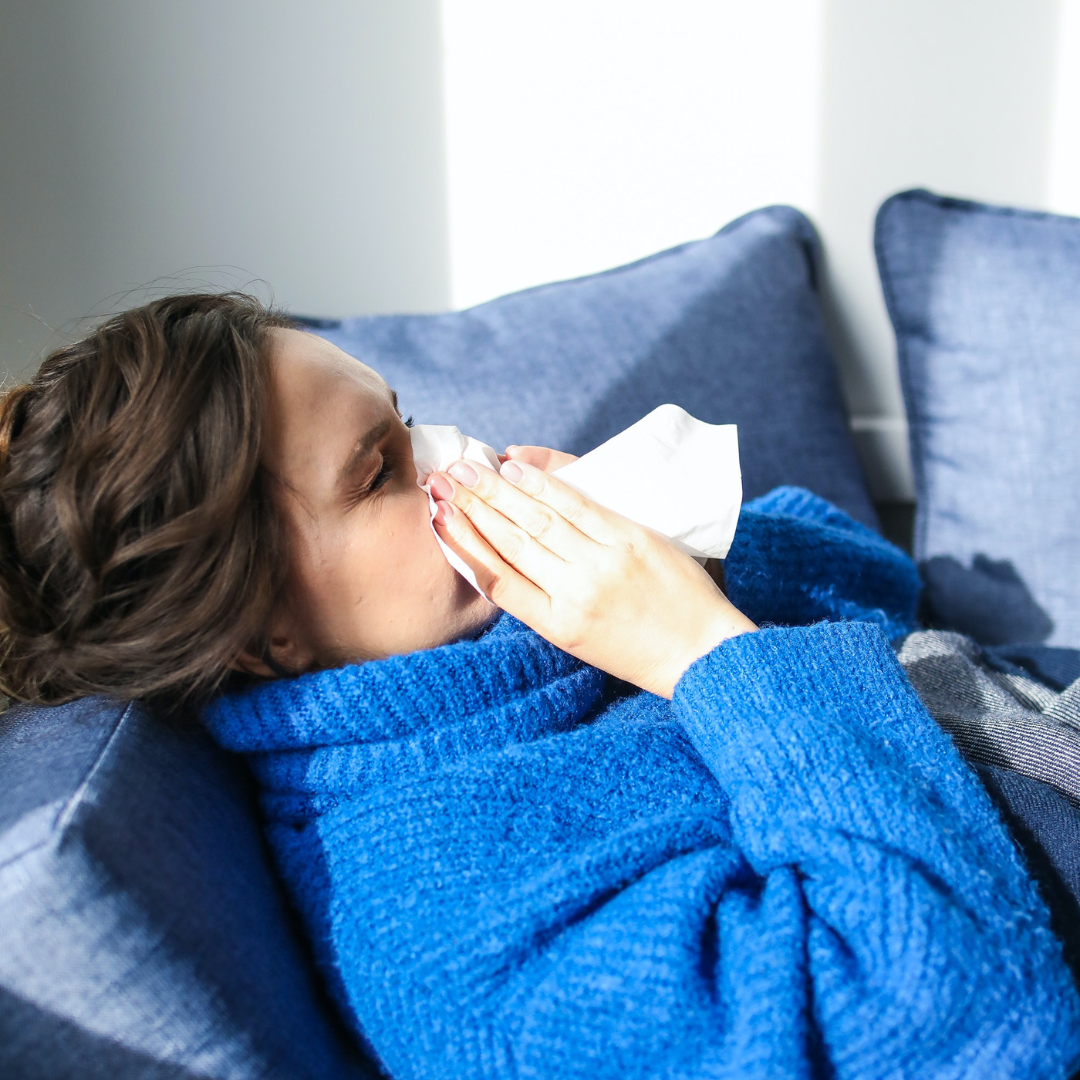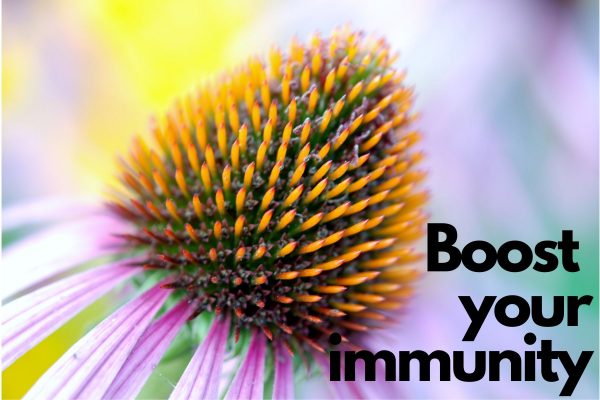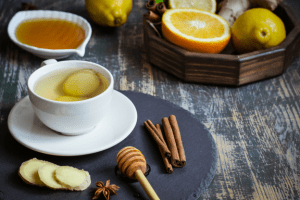
Making the common cold less common!
Viruses, colds and influenza circulate in all parts of the world and represent a year-round disease burden. (1) In temperate environments such as Melbourne, seasonal epidemics mainly occur during winter when the temperature drops. (1) Symptoms typically peak at 1–3 days and last 7–10 days, although they occasionally persist for three weeks after infection.
Why do we get sick in winter?
We tend to think of the winter months as the cold season and blame the weather for triggering cold symptoms. When the temperature outside drops more than 5 degrees, it causes a reduction of humidity in the nasal passage and the continual inhalation of dry air dries our mucosal membranes. This can increase our susceptibility to infection by lowering the viral resistance of our cells (2,3). Cold weather and low humidity can improve virus stability, transmission, and replication but there are ways to lower your risk! (2,3)
How can we avoid winter illness?
The trick is to try and avoid exposure in the first place, the best offence is a good defence.
- Wash your hands frequently (especially if living or working with someone who has symptoms).
- Avoid touching your eyes, nose or mouth. Try to notice when you’re touching your face and break the habit. This applies to all times of the year.
- Avoid people with cold symptoms (don’t share a phone with them, change seats on public transport if someone next to you is sick, wear a mask to avoid breathing in virus droplets).
- Get plenty of sleep. A lack of sleep can suppress the immune system and chronic lack of sleep increases infection rates.
- Maintain a healthy diet rich in vitamins and minerals to help your body function well and fight off infection. The relationship between antiviral and antioxidant activities of foods and herbs can contribute to the protection of cells and tissues of the body.
- Avoid and learn how to manage your stress. Stress has an immunosuppressive effect on the body and increases your chance of getting sick. While stress cannot always be avoided, look at techniques that you can use to manage your own levels.
- Gargle with green tea 30 minutes after getting home from work or grocery shopping. The polyphenols in green tea have a potent antiviral activity. (3)
- Take a high-quality vitamin D supplement (at least 1000 iU daily) to support your immune system
Being a considerate cold suffer
- Cover your mouth when coughing and sneezing.
- Wash your hands after coughing or sneezing.
- When soap and water are not available use an alcohol based gel sanitiser to reduce virus transmission.
How to shorten the length of your cold
- Sip warming soups and herbal tea. The warm steam from a hot soup or tea helps to loosen mucous in the nose and increase nasal humidity, creating a more hostile environment for the virus to continue to replicate (4).
- Get a good quality vitamin C and zinc supplement within the first few days of infection. Zinc inhibits viral replication by exerting an antiviral effect by attaching to the ICAM‐1 receptors in the virus structure and nasal epithelial cells (5). Vitamin C stimulates and enhances immune function as it is a constituent of white blood cells (6).
How can we help?
If you continue to suffer from lowered immunity or you are experiencing continuous colds and flus, it is important to link in with your naturopath or primary health care provider.
We can assist you by:
- Prescribing herbs and nutrients to shorten the duration of your cold or influenza and aid in recovery
- Support you through your acute and recovery stage to reduce the chance of developing post-viral syndrome
- Recommend and suggest complementary therapies to assist in your recovery
If you’d like to book an appointment with me to get more individualised support for your immune system you can do so here.
Written by Lucy Moores, Naturopath and Nutritionist at The Melbourne Apothecary.
Book a free 10 minute introduction consult with Lucy Moores
References:
- World Health Organization- Seasonal Influenza
- https://www.ncbi.nlm.nih.gov/pmc/articles/PMC5035958/
- https://pubmed.ncbi.nlm.nih.gov/28361289/
- https://www.ncbi.nlm.nih.gov/pmc/articles/PMC8664505/
- https://www.ncbi.nlm.nih.gov/pmc/articles/PMC6457799/
- https://www.ncbi.nlm.nih.gov/pmc/articles/PMC7569434/






